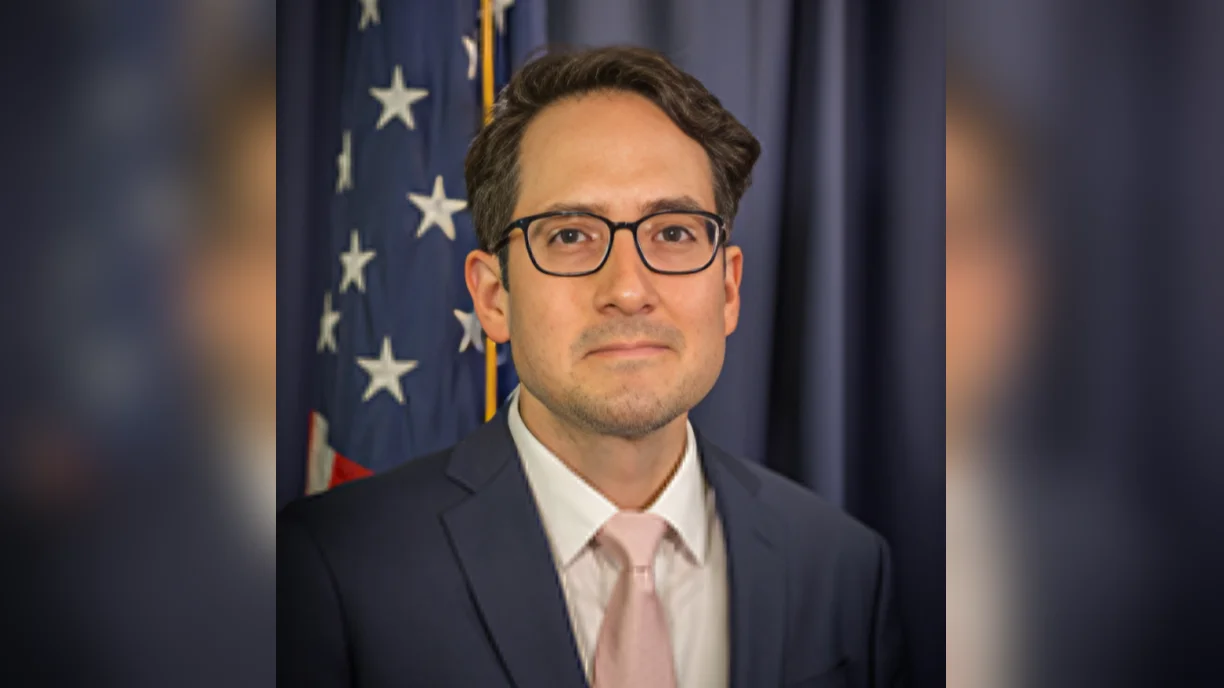A federal court has temporarily halted the operations of a business opportunity and credit repair scam known as "Growth Cave," following a lawsuit by the Federal Trade Commission (FTC). The operation, active since at least 2020, allegedly extracted approximately $50 million from consumers through false promises of substantial income.
The FTC's complaint targets Lucas Lee-Tyson, Osmany Batte (also known as "Ozzie Blessed"), and Jordan Marksberry, claiming they misled consumers. Chris Mufarrige, Director of the FTC’s Bureau of Consumer Protection, stated: “Consumers seeking to start a business deserve an honest chance—not false promises of reliable income and expert help.”
Lee-Tyson and Batte are accused of presenting themselves as successful experts in promotional videos while their opulent lifestyles were funded by consumer losses. The primary scheme, Knowledge Business Accelerator (KBA), was marketed via YouTube ads with claims that consumers could earn passive incomes ranging from $20,000 to $50,000. However, the complaint states these assurances were unfulfilled.
Consumers who sought more information about KBA were reportedly subjected to aggressive email marketing urging them to watch more videos and schedule strategy calls. These calls promised income generation within weeks but often led to financial loss for participants who struggled to reach Growth Cave employees or receive assistance.
An upgraded version called Digital Freedom Mastermind (DFM) was offered at additional costs between $30,000 to $50,000 but reportedly failed to deliver on its promises. Similarly unsuccessful was another program called Cashflow Consultant Academy (CCA), which promised placements with wealthy business owners but rarely delivered any income for purchasers.
In 2023, Growth Cave launched Buffalo Bridge—a purported credit repair service—charging upfront fees while only enrolling clients in multiple business credit cards instead of providing genuine services.
Despite private lawsuits from affected consumers, Lee-Tyson continued marketing new schemes like PassiveApps under a rebrand in March 2024. This new program allegedly mirrored previous deceptive practices. Meanwhile, Batte promoted ApexMind using similar tactics.
The FTC accuses the defendants of violating several laws including the FTC Act and the Credit Repair Organizations Act. The complaint received a unanimous vote from the Commission's participating members before being filed in California's Central District Court.
The FTC advises consumers against fraudulent schemes promising quick earnings or demanding upfront payments. For further consumer protection resources or reporting frauds visit consumer.ftc.gov or ReportFraud.ftc.gov.





